Description
The Impact of Micro-Dose Capsules on Commercial Psilocybin Operations
Unlike cannabis which can be legally purchased in many forms, including flower, oils, and edibles, the future of commercial psilocybin sales will likely rely heavily on a single form of consumption. Micro-dose capsules filled with dried psilocybin mushrooms have been shown to provide a variety of benefits to users and are growing in popularity. As the primary form of consumption, the demand for micro-dose capsules will shape the evolving psilocybin industry.
Micro-Dosing Psilocybin
A micro-dose of psilocybin is typically about 1/10th of a macro-dose, or a dose large enough to initiate a psychedelic trip. Unlike a macro-dose, a micro-dose does not create a ‘high’ feeling or induce a psychoactive effect in the user’s perception. After consuming a micro-dose of psilocybin, some users report a positive mood, stimulated productivity, and increased focus, energy levels, and creativity, while others have complained of increased anxiety or migraines.
Psilocybin can be consumed daily, but users will build up a tolerance quickly. Although, like cannabis, psilocybin cannot be overdosed, consuming psilocybin may initiate food poisoning, accelerate the nervous system, and can negatively affect the liver.
Micro-Dose Capsules
Micro-doses of psilocybin are typically consumed in the form of a capsule, but micro- and macro-doses can also be consumed in the form of teas or the mushrooms can be consumed wet (fresh). Capsules typically contain 0.1-0.5 grams of dried and ground psychedelic mushrooms and are sometimes combined with other supplements, vitamins, or natural ingredients.
One of the most likely reasons for the popularization of consuming psilocybin in capsules instead of wet mushrooms is the short period of time that a mushroom is considered fresh after picking. Once wet mushrooms have been dehydrated, they have a much longer shelf-life of approximately 2-5 years. While the effects of psilocybin will be felt sooner after consumption when the mushrooms are wet, there is no difference in potency between wet and dehydrated mushrooms. Though psilocybin capsules are not legally available in many areas, capsules are typically priced at around $15 per gram or $3 per capsule.
Psilocybin Potency
Unlike cannabis, there is currently no way to test the potency of a psychedelic mushroom. A flush (harvest or batch) of mushrooms could all be the same species or strain but could have varying potencies. Even lab-grown clones can vary in potency. There are both natural and lab-created strains of psychedelic mushrooms. Though the lab-created mushrooms are far more potent, the DHA does not distinguish between the two kinds.
There is a common misconception that psychedelic mushrooms are only potent in the cap, but mushrooms are actually potent throughout the entire mushroom, including the stalk/stem. This creates a major difference in the amount of waste created in the psilocybin and cannabis industries. While the stem of the cannabis plant has limited THC and is discarded, the entire mushroom can be utilized. This creates considerable less waste than cultivating cannabis. Even the substrate in which the mushrooms grow can be re-used multiple times which causes the industry to generate very little waste.
Commercial Psilocybin Operations
The future of the psilocybin industry will likely see the expansion of areas where commercial psilocybin operations are legally allowed. While capsules will be the most common sold and consumed psilocybin product, teas and combination supplements may also become popular.
As access to psilocybin expands and the popularity of micro-dose capsules increases, commercial psilocybin operations and facility designs will focus on growing, dehydrating, and encapsulating psilocybin mushrooms. Commercial psilocybin business operators will need to consult with experts to ensure their facilities are compliant and functional in this emerging industry.

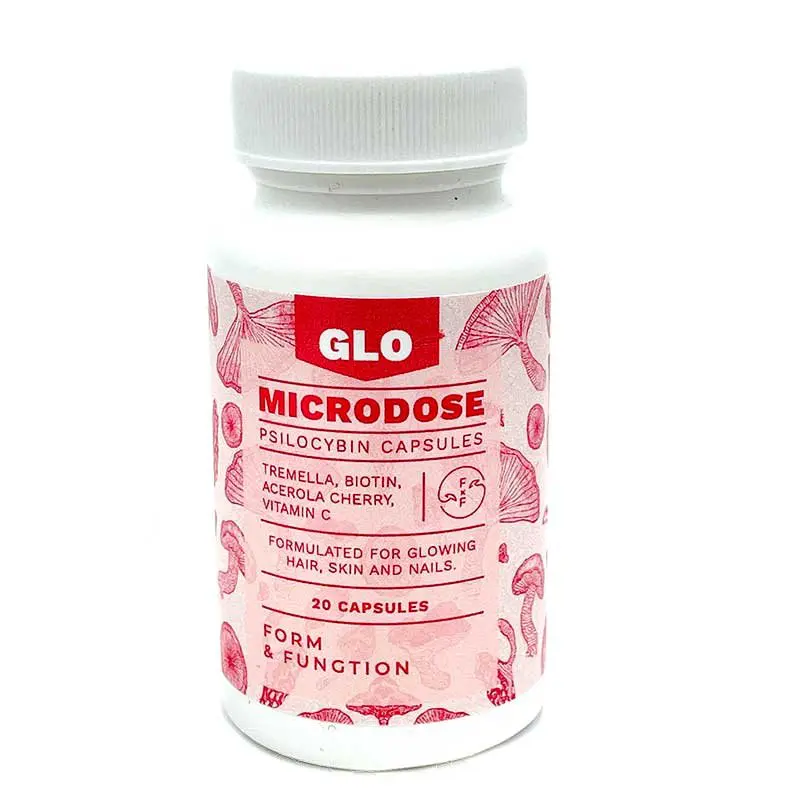
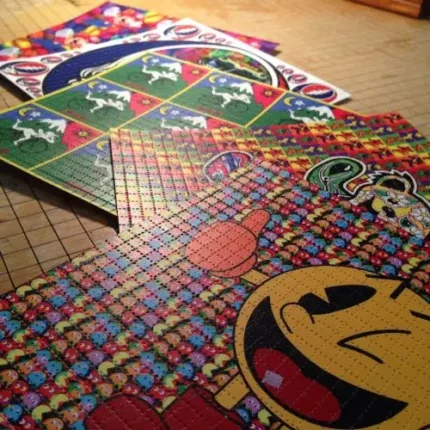
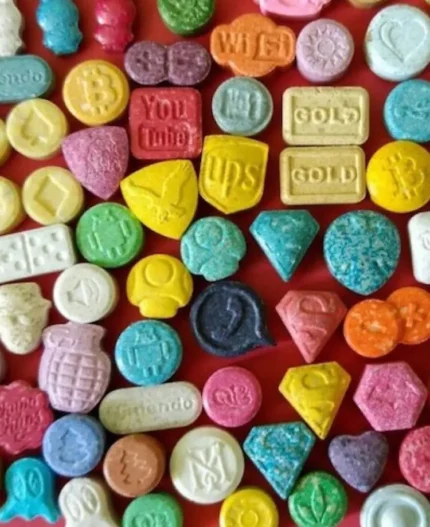
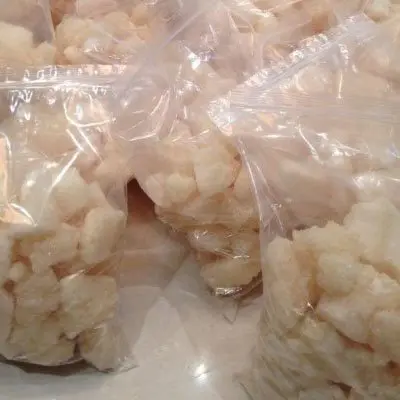
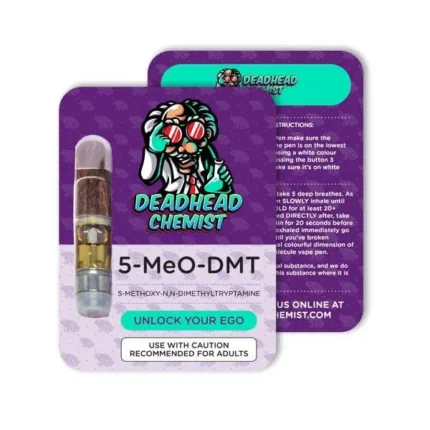
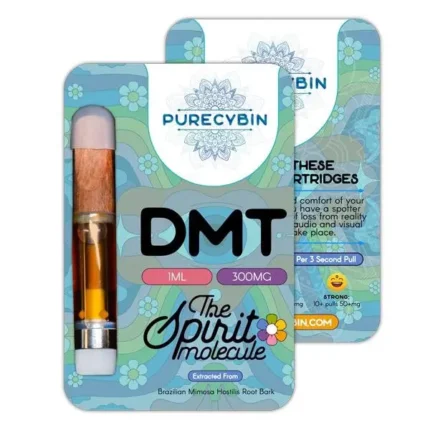
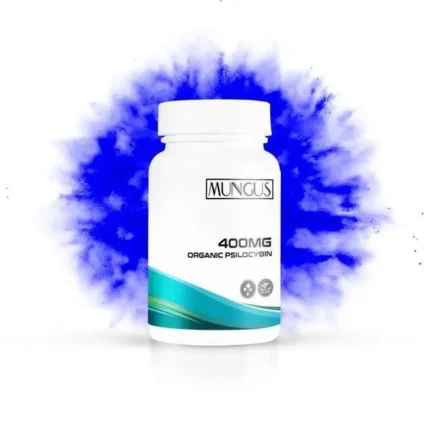

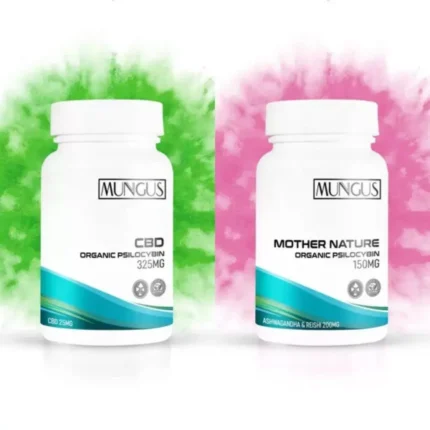

Reviews
There are no reviews yet.